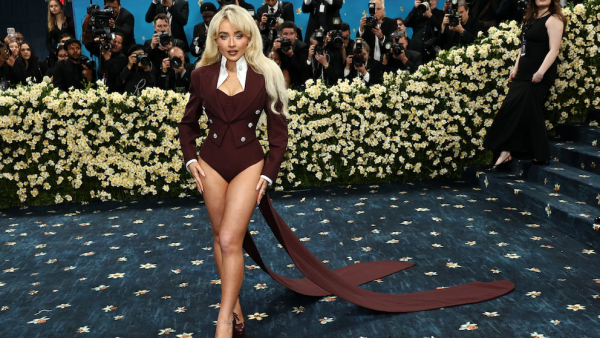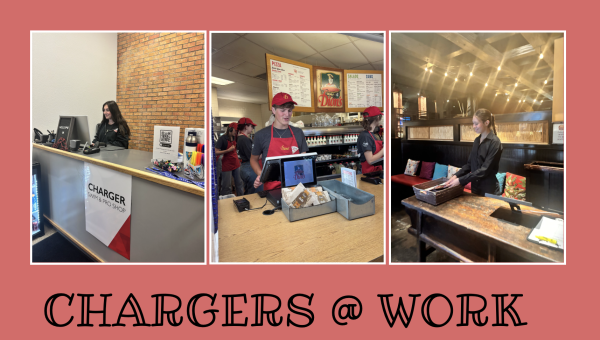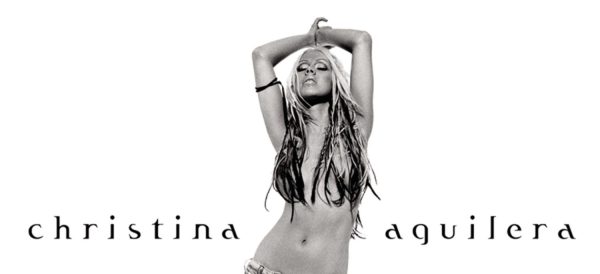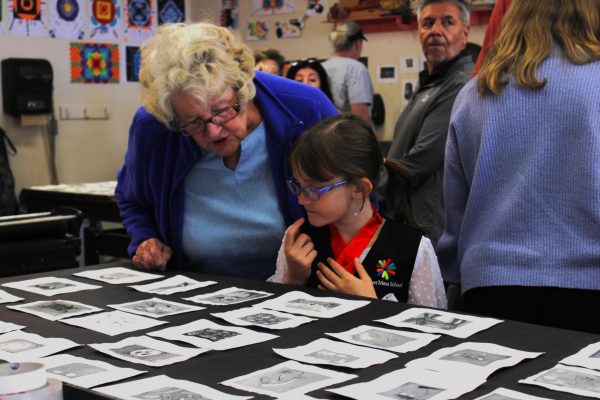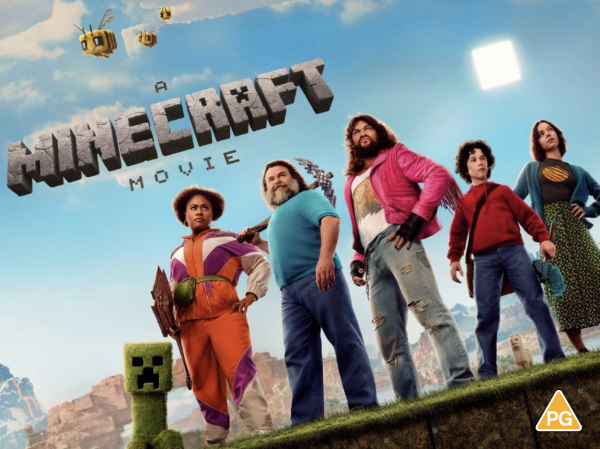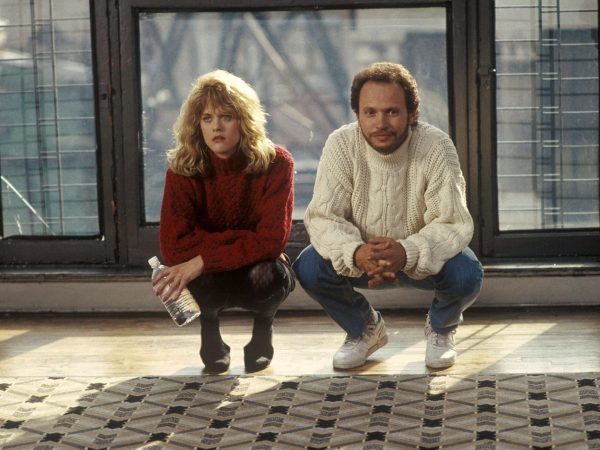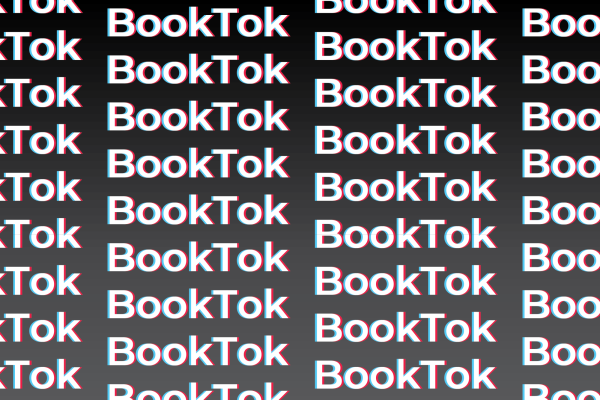Ratatouille the TikTok Musical
A Review
What started as just another viral TikTok evolved into a Playbill-endorsed theatrical show that raised over 1.9 million dollars for the hard-hit theatre industry. Ratatouille: The TikTok Musical, based on the 2007 Disney Pixar film Ratatouille, premiered on January 1st, in an at-home, pay-to-stream setting. Directed by Lucy Moss, the show is the first globally crowdsourced musical of its kind. Even though I watched the songs come to life on my “For You” page of TikTok, I didn’t know what to expect watching it all come together the first time. The creativity, adaptability, and overall production well exceeded my expectations for an online show that was assembled in a couple of months.
Ratatouille: The TikTok Musical started, as many things on TikTok do, as a joke. In early August 2020, Emily Jacobsen (TikTok user @e_jaccs), posted a 17-second “love ballad” to Remy the rat. The video amassed 1.1 million views and served as the framework for the show. Over the next few months, creators from all over the world added their own additions to the hypothetical musical. Jess Siswick (@siswij) designed a playbill cover, Daniel Mertzlufft (@danieljmertzlufft) put Jacobsen’s ditty to music, and countless other creators wrote their own songs for various parts of the show. In late November, Broadway news site Playbill.com ran a story “Presenting: The Official (Fake) Ratatouille Playbill”, exciting fans that the hypothetical musical could become a reality.
Sure enough, on December 9th, Seaview Productions announced that Ratatouille would come to life in an official show to benefit The Actors Fund. The Actors Fund is a nonprofit organization that serves professionals of all disciplines in the theatre industry. With workers in the theatre industry out of work nationwide due to the Covid-19 pandemic, the need for funding has never been greater. Tickets to the show started at $5, but patrons were encouraged to “pay what they could” up to $50. With a ticket purchase, patrons could watch the show as many times as they wanted for 72 hours after the premiere on January 1st, and tickets were available for purchase until July 4th. On opening night alone, the show raised 1.5 million dollars in ticket sales for The Actors Fund.
The show starred Tituss Burgess as Remy, Andrew Barth Feldmen as Linguini, and Ashley Park as Collette. Burgess is best known for his roles in broadway musical Jersey Boys and television series Unbreakable Kimmy Schmidt. Feldmen played Evan Hansen in Dear Evan Hansen and Park played Gretchen Wieners in the Mean Girls stage adaptation. Even though the actors were separated by distance, I could still feel the chemistry and connections through the screen. The show lasted less than an hour, including a foreword and a mashup of songs at the end. The show felt rushed compared to the original movie and didn’t spend much time on each plot point. Colette and Linguini’s love story was almost completely omitted. I was still able to follow along, but it wasn’t as comprehensive as the original movie. While the script fell short, the songs were both melodically and lyrically well done. A number that stuck out to me especially was “Rats Way Of Life”, written by Blake Rouse (@blakeyrouse), and performed by Adam Lambert as Emile. The ensemble-heavy number was stylistically similar to something out of Dear Evan Hansen, and was so catchy that I still haven’t gotten it out of my head. The number featured actresses from Six the Musical as the ensemble. Other favorites were “Kitchen Tango”, also by Rouse, a fiery tango duet between Collete and Linguini, and “I Knew I Smelled A Rat”, written by Sophia James (@sophiajamesmusic), a scalding ensemble-heavy piece sung by Skinner, played by Mary Tester.
All the actors recorded from their own homes, so seeing the actors interact with each other in separate windows was a little disorienting at first. But once the initial shock wore off, the creative use of green screens, visual organization, and camera angles immersed me into the world of Ratatouille. Many of the visual effects were tasteful TikTok filters. For the majority of the show, the ensemble, or cast of background actors, was only made up of 2 people, but they used the TikTok clone filter to make it look like there were more.
With the theatre business being shut down for almost a year, Ratatouille reminded me of the things I missed most about live theatre, especially the community surrounding shows. As Chef Gusteau says in the opening song of the show, “anyone can cook.” Creativity and inspiration can come from anywhere, even a youth-oriented video-sharing app. Ratatouille: The TikTok Musical doesn’t take itself too seriously, but is a highly satisfying experience for anyone who misses the thrill of live performance. Check out this short montage if you need a little taste of Ratatoullie



